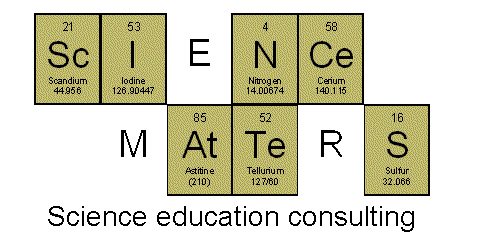You may have seen images of this activity before... I know versions of it have been prevalent on Pinterest. We'll go through the basics and then we'll talk a bit about stepping it up and stretching your kids' brains!
In its basic form, you begin with 3 cups, some water, food coloring and a paper towel.
Fill two of the cups with water and color the water in each cup a different color.
Arrange the cups in a line, with the empty cup between the cups with colored water.
Take a piece of paper towel (I used half a paper towel) and twist the middle a little. Then bend the towel so that it creates a bridge from one cup to another. Repeat with another paper towel to connect the other two cups.
Observe.
The water will move from each of the cups, through the paper towels into the empty cup. You'll know water has moved because there is now water where before there was none and you'll know that it has come from both cups because the center cup will contain green water (the combination of yellow water and blue water).
The movement happens fairly quickly - the process will be complete within a couple of hours.
It may not be terribly obvious, because we tend to start with about equal amounts of water in the two cups with which we start, but the water will keep moving until all three cups have equal amounts of water in them.
At that point, water stops moving and system will basically just sit there. The cups have reached equilibrium. You can let the cups sit there for days and you won't notice much changing.
You can add water by pouring more water into any one of the cups in the system. Or you can add a fourth cup to the system and connect it with a paper towel.
I chose to add another cup of water (uncolored this time) and connect it to the middle (green) cup with a paper towel.
Make sure the cup you add to the system has a different water level than what's in the other cups or you won't get any movement. I was trying to move water into the green cup, so I made sure my new cup was pretty full of water. You could also connect an empty cup to the system via paper towel and watch the water flow in the other direction.
The system that had been sitting dormant for several days sprang into action.
Colorless water flowed into the green cup (as evidenced by the lightening of the green color). Green water then flowed into the blue and yellow cups (as evidenced by the color change in those cups).
A really simple experiment with a lot of permeations - you can keep playing with it day after day, adding water or empty cups at different spots in the system. Really great for inquiry learning and exploring!








Given the information on water experiment is really good. All the best for further work.
ReplyDeleteRecycling of Waste in Bangalore
Biogas Plant in Bangalore